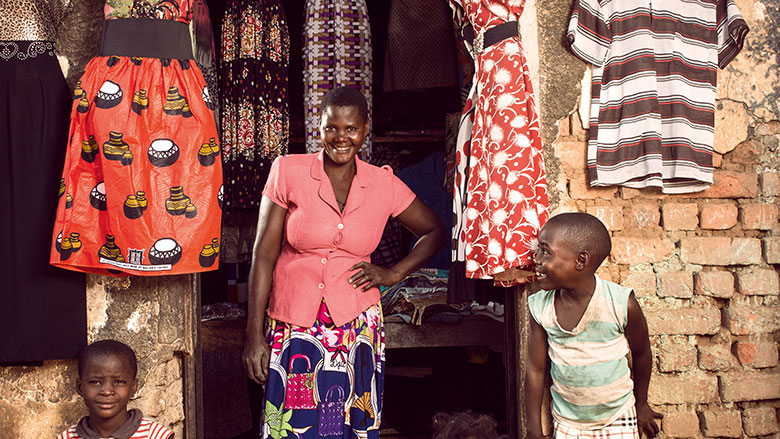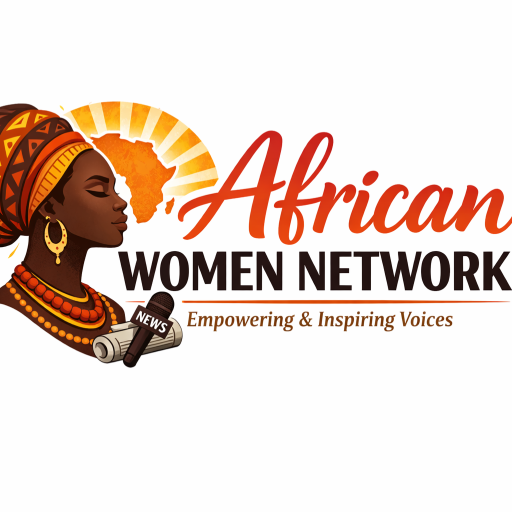
Ecobank CEO Jeremy Awori has called for greater investment in women entrepreneurs as a catalyst for sustainable growth in Africa.
Speaking at a high-level panel during the World Bank Group Annual Meetings, Awori highlighted the paradox that, while Sub-Saharan Africa leads the world in women entrepreneurship, women still face a staggering $1.9 trillion financing gap, resulting in missed opportunities for job creation and innovation across the continent.
Awori, who also serves as a Board Member of the IFC Women LEAD Alliance, stressed that unlocking the full potential of women entrepreneurs requires a comprehensive approach that combines access to finance, business skills development, and robust professional networks. He spotlighted Ellevate by Ecobank, the Group’s flagship initiative, which has provided over $600 million in loans to women-led and women-owned businesses in more than 30 African countries. The program goes beyond affordable financing, providing trade solutions and advisory services tailored to help women scale their enterprises.
“Scaling mentorship builds confidence. Expanding financial inclusion builds better credit profiles. Concessional financing provides capital. All three are essential,” Awori noted. He explained that empowering women entrepreneurs is not only about access to capital but also about equipping them with the tools, training, and confidence to manage and grow successful businesses. Ecobank’s commitment is evident in its extensive training, mentorship, and financial literacy programs, which are designed to ensure that women entrepreneurs are well-supported on every front.
The bank has also prioritized building networks and creating market linkages, connecting women entrepreneurs to new business opportunities and regional trade partnerships. Ecobank’s innovative spirit is further demonstrated by its issuance of the first-ever $16 million Gender Bond in Côte d’Ivoire, which channels direct funding to women-owned enterprises. Additionally, partnerships with Development Finance Institutions (DFIs) on risk-sharing facilities are helping lower barriers for women seeking finance, encouraging other banks and financial institutions to follow suit.
Importantly, Ecobank has integrated gender-focused strategies into its core operations, treating women’s economic empowerment as a central pillar rather than a side initiative. This holistic approach aligns with Africa’s broader development goals, including Sustainable Development Goal 5 on gender equality. Experts agree that supporting women entrepreneurs leads to faster economic growth, greater innovation, and more resilient communities.
“When women entrepreneurs scale, innovation accelerates, and economies grow stronger,” Awori affirmed. “At Ecobank, we believe empowering women is critical to building a better Africa.” With women making up over half of Africa’s entrepreneurs, financial inclusion is a decisive factor for the continent’s future. As momentum builds among global partners to boost investment in women-led businesses, the success of programs like Ellevate by Ecobank demonstrates the transformative impact of targeted, inclusive action




